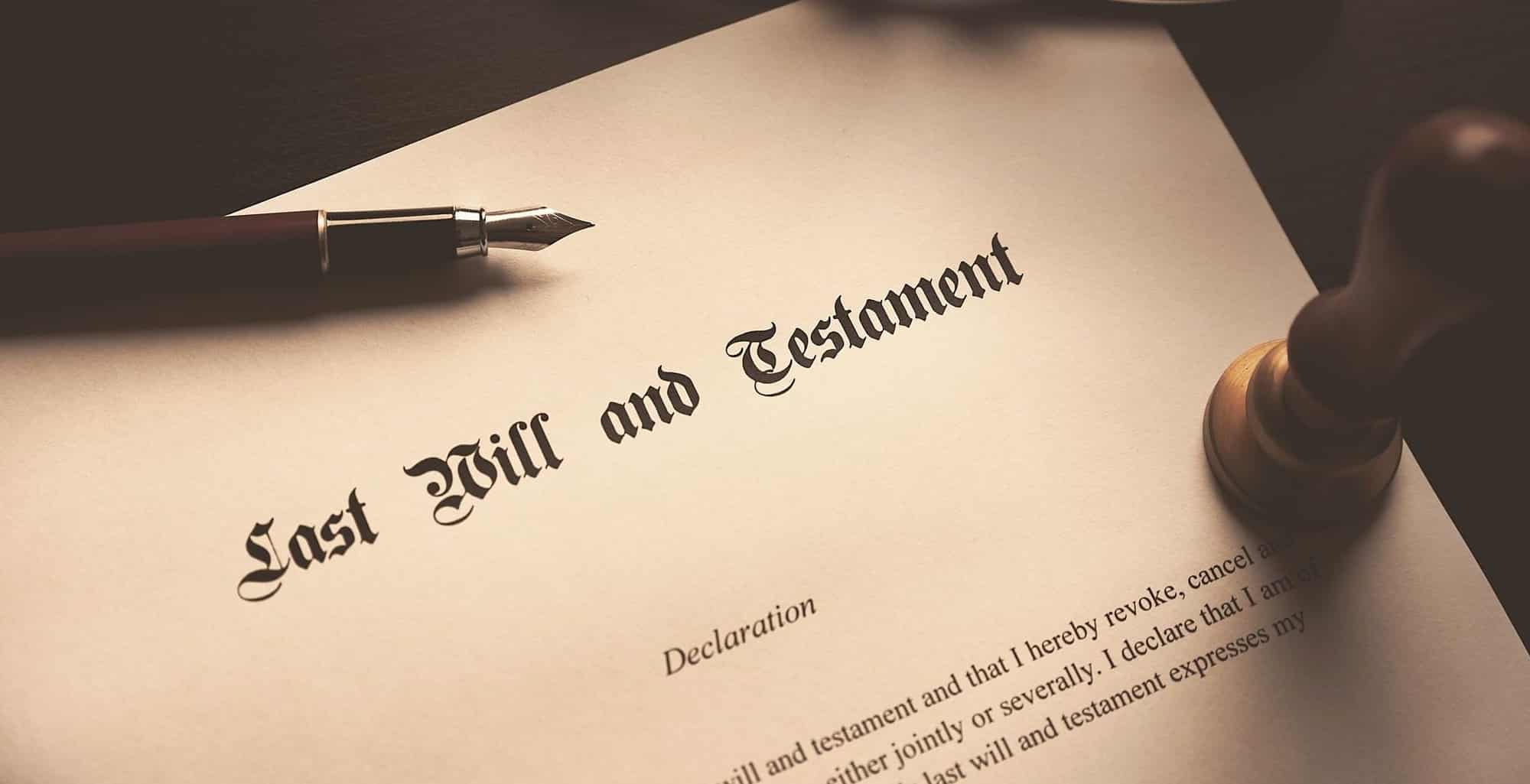There is the possibility that when administering the distribution of a deceased estate, the executor will be required to perform interim distribution duties. In practice, this means some beneficiaries (people named in the Will to receive part of the estate) receive their entitlements earlier than others. It can be a confusing and muddled process. Here we will break down how and when an interim distribution occurs.
Duties of administration
Within a deceased person’s Will, it is very likely that they will have appointed a person (normally a lawyer) as the executor/administrator of their estate. This role is to ensure that the instructions within the Will are fulfilled. Likewise, this role requires the executor to fulfil multiple administrative duties. For example, dealing with any debt or liability claims against the estate. During this time, Australian law prevents any beneficiary from receiving their entitlements until these administrative functions have been fulfilled.
Right to interim distribution
Under Australian law, a beneficiary may receive their entitlements prior to the completion of administrative duties. However, this is only under certain circumstances. State and Territory law outline these circumstances. For example, in New South Wales s 92 of the Probate and Administration Act1898 (NSW) (‘Administration Act‘) lays out these conditions.
Namely:
- Under s 92A(1) an interim distribution may occur where the beneficiary was partially or wholly reliant on the deceased person at the time of death. For example, children.
- Under s 92A(2) an interim distribution may occur where the executor, acting in good faith (s 92A(3)), acts in the proper support, maintenance or education of the survivor.
Though, these circumstances do become less clear when issues of familial claim become involved. Successful claims often require strong familial ties. These, despite circumstances where interim distribution would be warranted under the claim of support. Likewise, executors must consider the viability of providing the entitlements given any claims made against the estate. It is reckless to provide money that will be successfully claimed.
Final thoughts
Ultimately the distribution of estates is rarely a straightforward task. Fortunately, interim distribution laws ensure that individuals relying upon the support from their entitlements are looked after appropriately. Namely, children of the estate.
If you have individuals who rely upon you, it is best to include clear instructions within your Will regarding their relationship to you. If you have any queries on the distribution of your estate or believe you have a claim to an interim distribution, it is best to contact a lawyer for advice.




